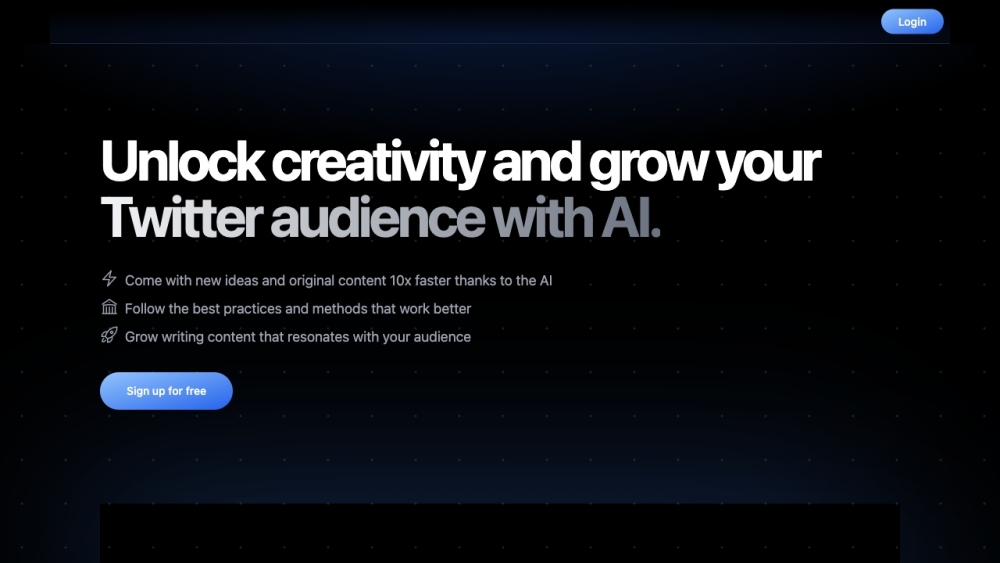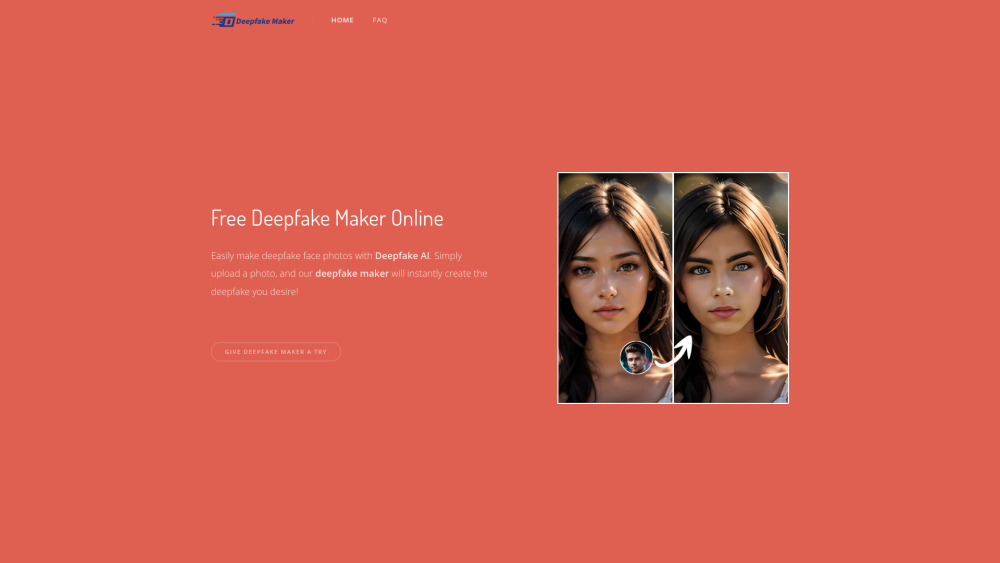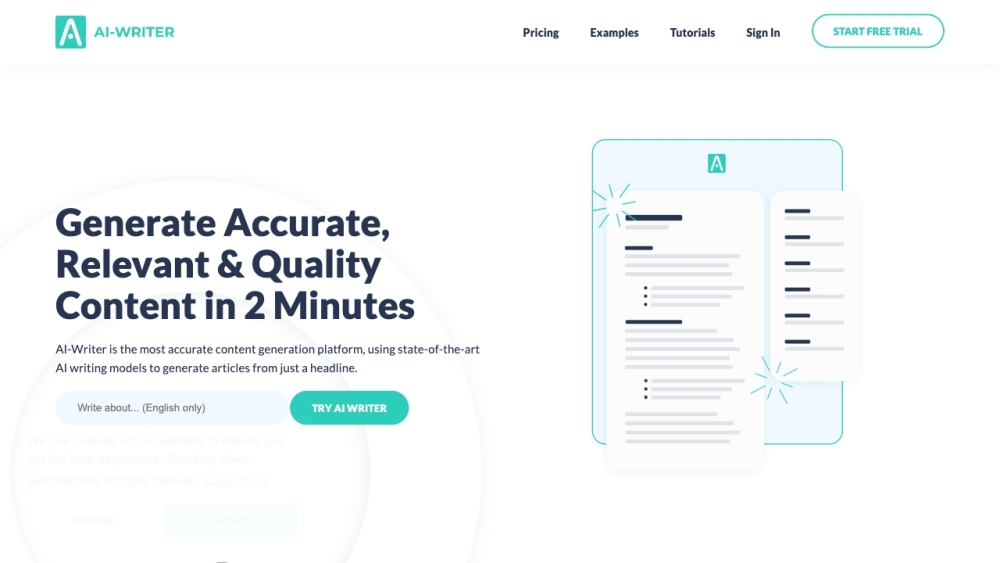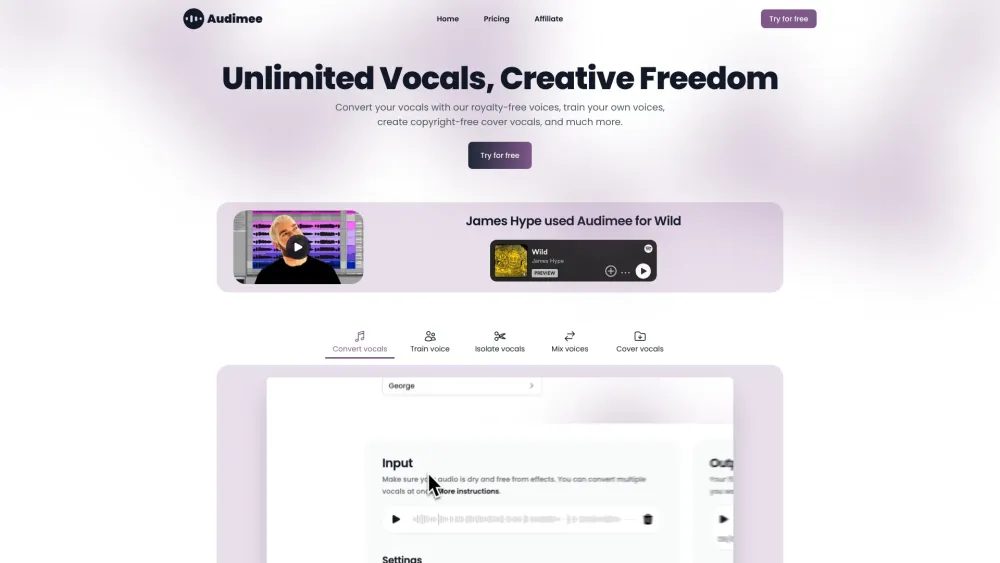Navigating the ever-evolving landscape of AI can be daunting. Until AI can manage that for you, we’ve compiled a concise summary of recent developments in machine learning, highlighting important research and experiments we haven’t previously discussed.
This week, let’s focus on the vital role of labeling and annotation startups in the AI ecosystem—startups like Scale AI, which is reportedly negotiating to raise new funding at a staggering $13 billion valuation. While labeling and annotation platforms might not garner as much attention as cutting-edge generative AI models like OpenAI's Sora, they are indispensable. In fact, many contemporary AI models wouldn't exist without them.
Why is labeling so crucial? Labels, or tags, allow models to comprehend and interpret data during training. For instance, in training an image recognition model, labels might involve marking objects with "bounding boxes" or providing captions that identify each person, place, or object depicted in an image.
The precision and quality of these labels significantly influence the performance and dependability of trained models. Annotation is a monumental task, often requiring thousands to millions of labels for larger, more complex datasets.
Given this, one might assume that data annotators would receive fair compensation, equivalent benefits, and working conditions similar to those of the engineers developing the models. Unfortunately, this is often not the case, and many annotation and labeling startups perpetuate harsh working conditions.
Major companies like OpenAI have relied on annotators from developing nations, paying them meager hourly wages. These workers can be exposed to distressing content—graphic imagery—without time off or access to mental health support, as they are often contractors.
Notably, a report from NY Mag exposes the harsh realities faced by Scale AI, which sources annotators from locations as diverse as Nairobi and Kenya. Some tasks demand multiple consecutive eight-hour workdays, with wages as low as $10. Moreover, annotators are vulnerable to platform whims; many face long periods without work or are abruptly removed from the system, as recent cases in Thailand, Vietnam, Poland, and Pakistan illustrate.
There are platforms that claim to promote “fair-trade” work and have integrated it into their branding. However, as highlighted by MIT Tech Review’s Kate Kaye, the absence of strict regulations means that interpretations of ethical labeling work are inconsistent and often vague.
What’s the way forward? Unless a major technological advancement occurs, the necessity for data annotation and labeling in AI training will remain. While we can hope for self-regulation from platforms, pursuing actionable policymaking appears to be our most realistic option for initiating meaningful change.
Here are additional noteworthy AI developments from the past week:
- OpenAI Develops Voice Cloning Technology: OpenAI has previewed Voice Engine, a new AI tool that allows users to replicate a voice using just a 15-second audio sample. However, the company is withholding wide release due to potential misuse concerns.
- Amazon's Continued Investment in Anthropic: Amazon is investing an additional $2.75 billion in the AI startup Anthropic, following a previously unexercised investment option from last September.
- Google.org Launches Nonprofit Accelerator: Google.org has initiated a new $20 million program to support nonprofits that are creating technology using generative AI.
- AI21 Labs Introduces Jamba: AI startup AI21 Labs has unveiled Jamba, a generative AI model that utilizes a novel architecture known as state space models (SSMs) to enhance efficiency.
- Databricks Releases DBRX: This week, Databricks launched DBRX, a generative AI model similar to OpenAI's GPT series and Google’s Gemini, claiming to achieve cutting-edge results across popular AI benchmarks, including several focused on reasoning capabilities.
- UK AI Regulations and Uber Eats: Natasha explores a case involving an Uber Eats courier challenging AI bias, highlighting the complexities of achieving justice under the UK’s AI regulatory framework.
- European Union Election Security Guidelines: The EU has published draft guidelines aimed at securing elections across approximately two dozen platforms governed by the Digital Services Act. These include measures to prevent content recommendation algorithms from propagating disinformation generated by AI, often referred to as political deepfakes.
- Grok Chatbot Upgrade: X's Grok chatbot will soon be upgraded to Grok-1.5, with all Premium X subscribers gaining access, expanding beyond its previous exclusivity to select customers.
- Adobe Expands Firefly Services: This week, Adobe debuted Firefly Services, which include over 20 new APIs, tools, and services focused on generative and creative applications, as well as Custom Models for businesses to tailor Firefly models using their assets.
Emerging Trends in AI:
When it comes to forecasting, AI is making significant strides. Recent advancements in systems like SEEDS (Scalable Ensemble Envelope Diffusion Sampler) capitalize on ensemble methods to generate faster and more accurate weather predictions, utilizing radar and satellite imagery effectively.
Fujitsu aims to enhance our understanding of marine environments by applying AI techniques to underwater imagery and lidar data gathered by autonomous vehicles, with the goal of creating a “digital twin” of aquatic ecosystems to simulate and predict changes.
Additionally, research on large language models (LLMs) has shown that these complex systems often rely on surprisingly simple mechanics, like linear functions, for recall. This suggests that sophisticated neural networks may have surprisingly straightforward operational foundations—an area ripe for further exploration and understanding.
Disney Research continues to innovate in automated character interactions, recently exploring the importance of accurately encoding name pronunciations, which could greatly enhance human-robot interactions by ensuring more natural communication.
Lastly, as the convergence of AI and search technology grows more pronounced, it’s crucial to address emerging ethical considerations. Safiya Umoja Noble has been a seminal figure in this field, sharing her insights in a recent interview with UCLA news, emphasizing the importance of vigilance against bias and negative patterns in search algorithms.
Staying informed about AI is essential—this week’s highlights illustrate how rapid developments shape our future.





